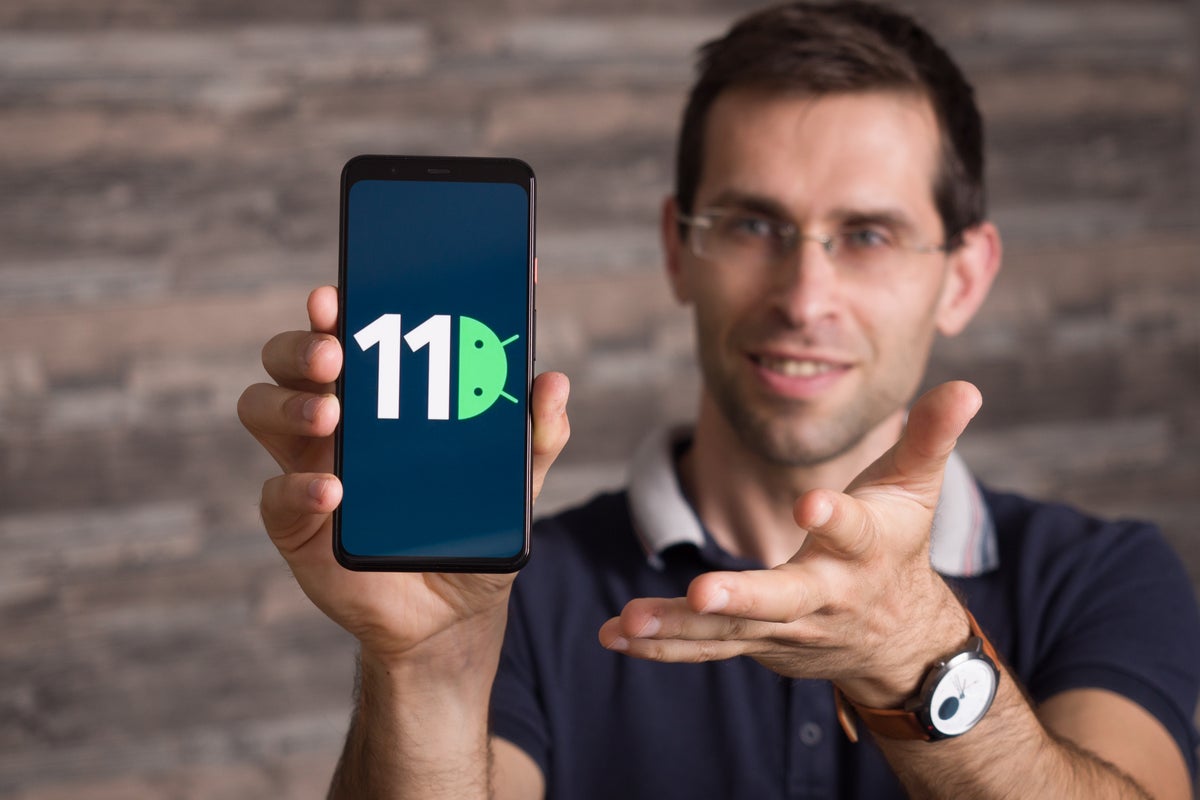
There is a class of ultra budget devices that you may not be familiar with (as they are not very popular in the United States) that run a special version of Android called Android Go. Android Go also comes with lighter and less demanding versions of Google apps and is designed for phones that have less than 1GB of RAM. But that will change soon if a leaked Google document discovered by XDAdevelopers turns out to be true. The file, called “Android 11 Go edition device setup guide”, It highlights some new rules that manufacturers will have to adhere to if they want Google Services on their devices. Here are some of them:
- Starting with Android 11, devices with 512 MB of RAM (including updates) are not qualified to preload GMS.
- All new PRODUCTS starting with Android 11, if they have 2GB of RAM or less, MUST be true for ActivityManager.isLowRamDevice () API, and released as an Android Go device.
- Starting in the fourth quarter of 2020, all new PRODUCTS starting with Android 10, if they have 2GB of RAM or less, MUST be true for the ActivityManager.isLowRamDevice () API, and released as an Android Go device.
- Previously released 2GB RAM devices in standard GMS configuration MUST NOT be converted to Android Go configuration via MR or lyrics updates. They will remain standard Android
In summary, Google is changing two important things with the arrival of Android 11:
First, it redefines what is considered a low RAM device, increasing the limit from 1 to 2 GB.
Although that change will probably not affect it, from Google’s decision we can deduce that the next Android 11 will depend even more on RAM. If 2 GB of RAM is now sent directly to Android Go, this means that for a smooth Android 11 experience you would need at least 4 gigs. And that’s a number of cheap phones, like Moto G Fast, for example, are not arriving today.
Does that mean if you are one of the few budget phone owners that will be blessed with an Android 11 update, your phone might actually slow down? Hopefully not, but we will have to wait and see.